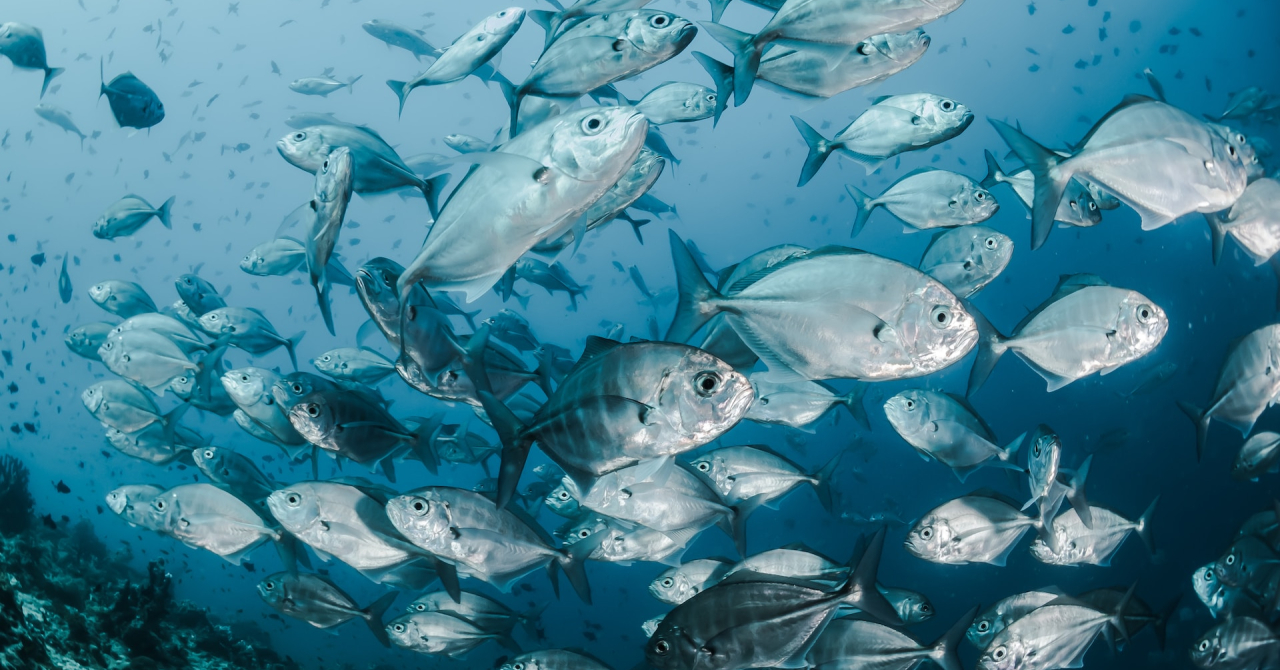Reuters writes that pollution and rising temperatures are two of the factors that contribute the most to the dangers our seas and oceans face.
Marine-derived food helps feeding around 3.2 billion people around the world, that's almost half the world's population, which is why it is crucial that we protect the nearly 2.200 species of fish and plants that make up part of our diet.
So far, as per a recent study published in Nature Sustainability journal, our efforts have not been enough and Rebecca Short, researcher at the Stockholm Resilience Centre and co-lead author, said that "although we have made some progress with climate change, our adaptation strategies for blue food systems facing environmental change are still underdeveloped and need urgent attention."
Overfishing is not the only phenomenon that affects our "blue food' supply, as various other industries severely damaged the world's wetlands, which are interconnected with the larger seas and oceans.
Also, mercury, pesticides and antibiotics are all human-induced factors that take their toll on our food system overall, but especially on our marine diet.
Ling Cao, professor at China's Xiamen University and another co-author of the study, added that "we know aquaculture and fisheries support billions of people for their livelihoods and their nutritional security."
China, India, Japan and Vietnam account for 85% of the world's aquaculture production, which is why focusing on making this region more sustainable and resilient is essential for our worldwide food supply.
But some industries don't make enough efforts in this direction. Nauru is an island in the Pacific Ocean and mining companies targeted this place as their next spot for underwater minerals mining. Environmentalists say that if companies start extracting metals from the bottom of the sea, it could be very dangerous for the marine life in the area.
After recently announcing that it will open its seas mining, Norway also started to get some backlash from environmental protection groups, especially since the country is also one of the world's major seafood producers.
"Many scientists are now calling on governments to evaluate where they do ocean mining in order to minimize the impact", Cao concluded.
 Mihai - Cristian Ioniță
Mihai - Cristian Ioniță












Any thoughts?